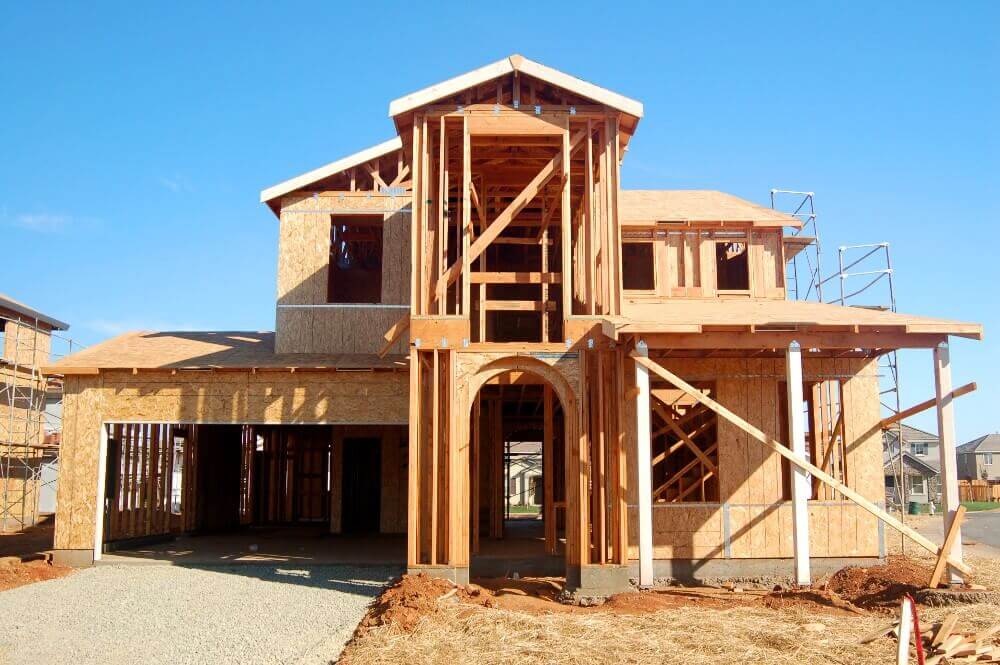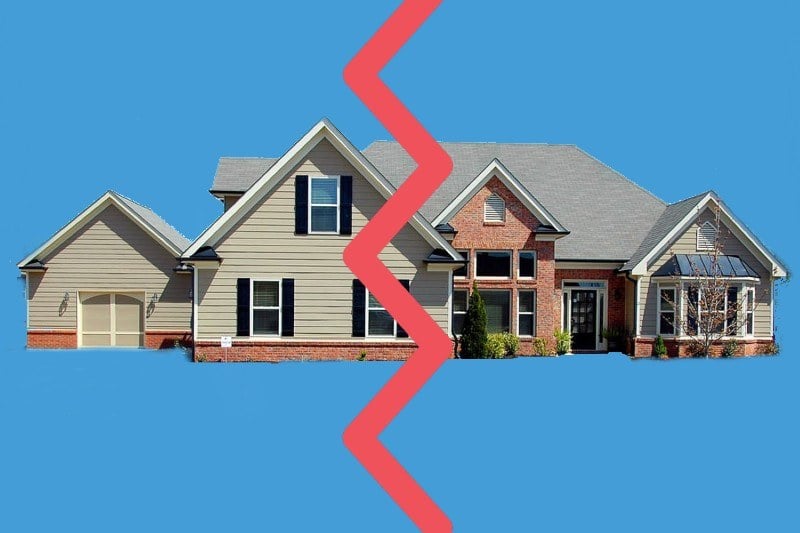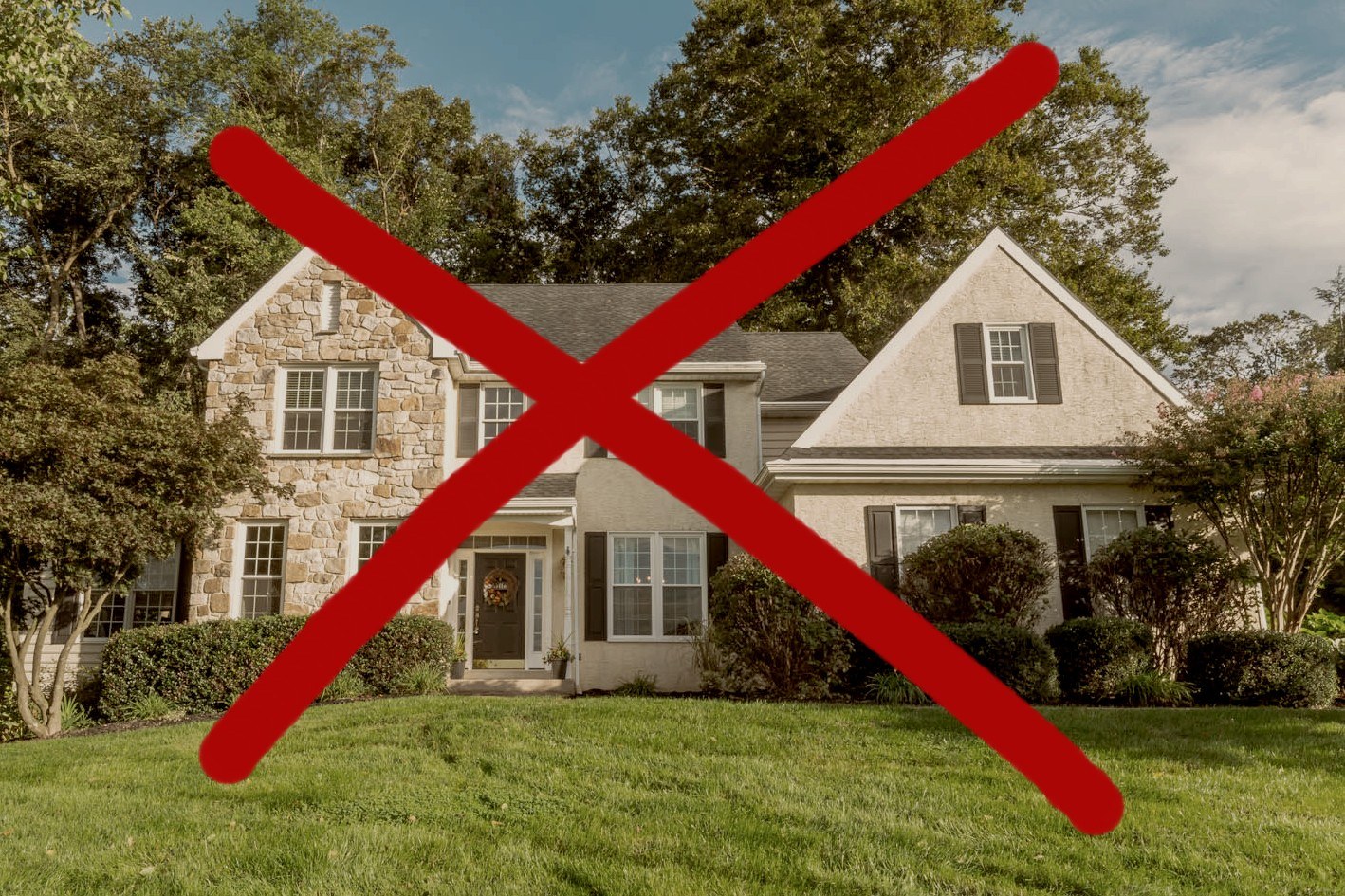It can seem impossible - especially in this market - to buy a home if you're part of a low-income household. Though it can be challenging, there are assistance programs and grants in place specifically to support low-income earners. It's worth taking a look at these options because home ownership is one of the most reliable paths to building personal equity in the U.S.
Before we delve into those sources, let’s look at what finances you will need to have when it comes to purchasing your first home.
This is Part II. Read Part I: Buying a House with a Low Income is Harder, But Not Impossible
Necessary Finances for Buying a Home
Down payment
This is the amount that you will pay at the closing based upon the agreement with both the seller of the home and the lender for your mortgage. This can be as low as 3% of the home’s purchase price if you are using a conventional loan, or 3.5% of the home’s purchase price if you're using a government-backed mortgage (also known as an FHA loan). These are the minimum amounts you should be budgeting for and must come from within your own means and cannot come from “interested parties,” such as real estate agents, mortgage agents, and other professionals who have an interest in the purchase of the property. So, if you are looking to purchase a $150,000 home, the minimum down payment amount for a conventional loan is $4,500 whereas an FHA loan requires $5,250.
Closing costs
These costs are fees, surcharges, and taxes levied by the lending company, title agency, and local government. They can include costs like recording fees, transfer taxes, origination fees and other fees as deemed necessary. Closing costs may be as much or even twice as much as the down payment.
All told, the amount of cash needed to purchase a first home in the $150,000 range could exceed $10,000. For homes costing more, the amount needed in cash will also be more. But, don’t get discouraged as there are a number of resources that can help with these costs.
Resources
- DC Open Doors. Offers 0% interest on your first home’s mortgage. This can amount to up to tens or even a hundred thousand dollars in savings over the life of your loan. This is available in Washington, DC.
- Employer Assisted Housing Program. Low-income employees of the District of Columbia can apply for a 0% loan plus matching funds grant for down payment. If you save $4000, they will match that.
- First Front Door. This program matches contributions on a $3 : $1 basis up to $5000 based upon the lender that is used for the mortgage. This is available nationwide, depending upon the lender.
- Home.Buy.Now. Employers across Philadelphia are offering forgivable loans and grants to their employees if they purchase a home using a qualified lender within a specific geographic area. Each employer’s stipulations are different so check to see if your human resources department offers a similar homebuyer assistance program.
- Home Purchase Assistance Program. This program offers up to $80,000 in down payment assistance for low-income families to purchase their first home in the Washington, DC area. It also offers up to $4000 in closing cost assistance.
- Mortgage Credit Certificate. Qualified low-income buyers can take a tax credit of up to 20% of their annual mortgage interest. The savings can be in the hundreds or thousands of dollars every year.
- Philly First Home. Eligible awardees receive a $10,000 grant to be used toward down payment or closing costs in the city of Philadelphia proper.
- RiseUp Fund. The RiseUp Fund offers a $5000 grant to be used toward closing costs plus pro-bono services from qualified, knowledgeable and helpful REALTORs through Houwzer.
- United Way Individual Development Account. The United Way partners with various agencies to match and double low-income individuals’ savings up to $2,000 over a 6-month period. You save $2,000, they match $2,000 and provide another $2,000 to double the initial savings to have you come out with $6,000. These funds can be used toward a new home, educational purposes, or opening a new business.
While looking at the initial monies needed to purchase a home can be daunting, it is completely doable with assistance from private, public, and charitable agencies. Just reach out to any of them to get started on your dream of homeownership!
-Contributed by Suz Garber, CEO of the RiseUp Fund, a non-profit created by Houwzer which provides a path to homeownership for underserved communities.



